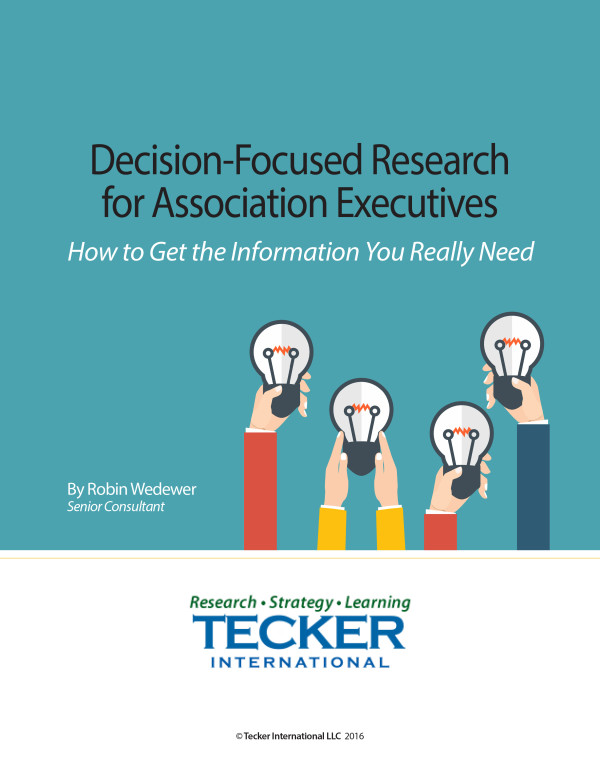I recently engaged in a discussion about how much is too much to spend promoting an event. But, what we have found is it usually isn’t cost that’s the real problem. It’s poor strategy.
A $100 cost for an informative mailer that produces a $500 buy is not too expensive. A $25 cent mailing that leaves the recipient confused or uninformed about an offer is far too expensive.
Count the cost of damage to brand reputation and the price of the piece is irrelevant. However, the price an association pays for bad judgement in promotional strategy is astronomical.
For example, an email to a long time member introducing them to the association as if it was their first time joining can be perceived as not knowing or caring about them as an individual. A marketing department’s promotional descriptions of programs that fail to accurately distinguish their respective content can be perceived as lazy writing, insufficient understanding of products and services, or caring more about producing revenue than benefit to participants. Multiple re-purposing of the same promotional content to the same customer can be perceived as thoughtless spam.
We have observed that patterns of such bad decisions can be indicative of an association marketing department that believes its mission is to “sell” rather than “serve.” Frequently, quantitative research has been used to forecast revenue opportunities; but no decision focused qualitative research has been used to discover what would actually be perceived as informative and valuable.
An insightful communications strategy recognizes that member concerns about “expenditures” is frequently a surrogate for concern about perceived poor value or poor judgement. If the perception is erroneous, it needs to be corrected. If the perception is accurate, its cause needs to be corrected.
Especially when a program sullied by poor promotion could actually be a magnificent learning experience.
Next week we’ll answer the question: Should our marketing focus on the benefits to attend or the features of delivering the meeting. What do you think?


